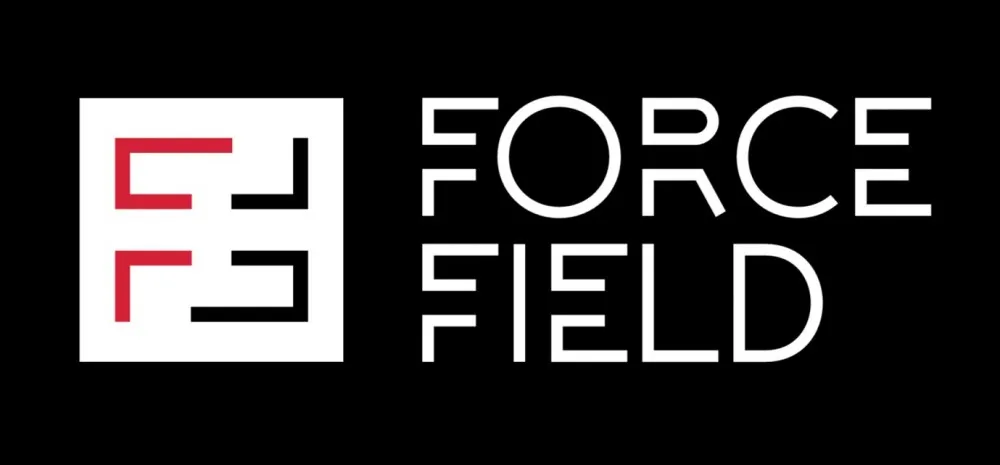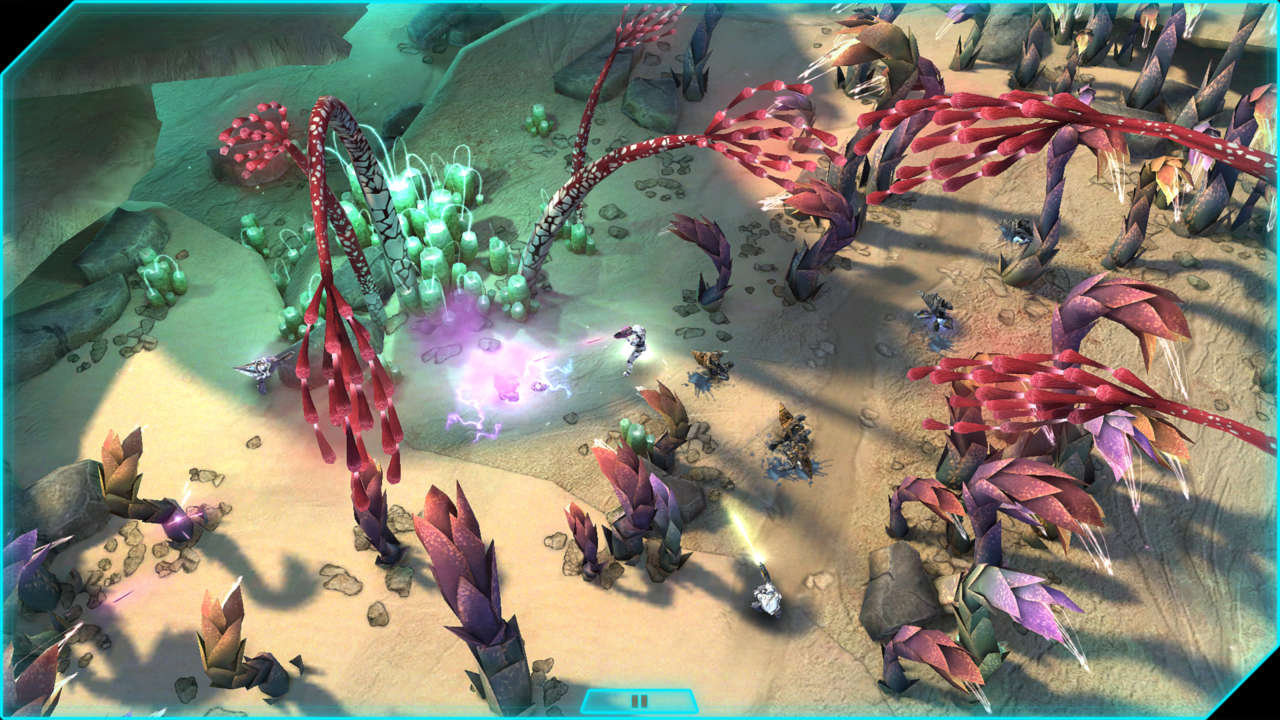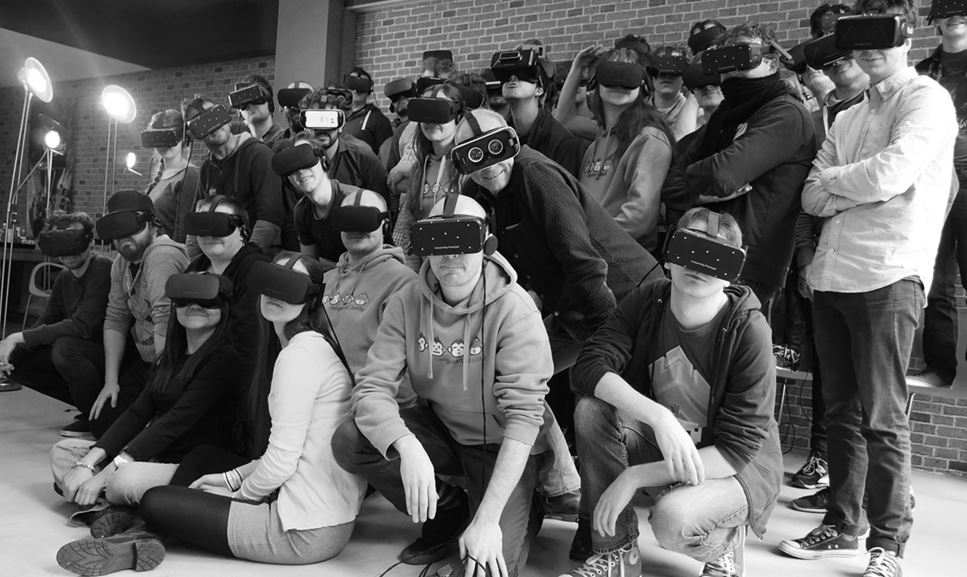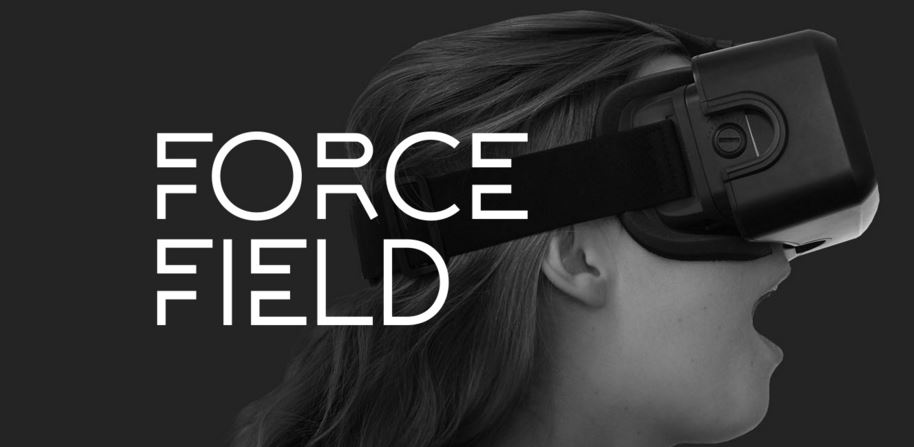Microsoft is the type of company that’s careful about how it handles its nearest and dearest game properties. You won’t open up the app store on your iPhone or pull up Steam on PC and find a bunch of low-quality ports and spin-offs of popular IPs like Halo, Gears of War, or Forza. In fact, you’d be hard pressed to find entries for any major Microsoft properties that aren’t fully developed games in the primary series. That lack of experimentation makes games like Halo: Spartan Assault and Halo: Spartan Strike, which were co-developed by Vanguard Games, all the more interesting. Microsoft trusted them for their talent and vision – a vote of confidence that doesn’t come easily.
That type of pedigree and passion for interactive entertainment is hard to find. But what’s even harder to find is a company willing to hit the reboot button and shift itself to focus exclusively on VR and AR. That’s a major change.
In fact, there actually aren’t even a lot of established, experienced, and large companies that focus exclusively on VR and AR content across the entire industry yet. If you take a look at the launch lineups for both the HTC Vive and Oculus Rift, you’ll probably notice that most games are made by either small independent studios, or studios that still work with a lot of non-VR and non-AR content as well. This new frontier is still so new that not many companies are willing to really take the plunge and dive into that market head first yet. In fact, you might even call it a bit crazy.
“We believe in the incredibly potent future of VR and AR and have made the bold decision to re-focus our entire company,” says Arthur Houtman, CEO and Co-Founder of Force Field, in a press release. “Based on our legacy, awesome talent, studio size and deep relationships with the platforms, we feel confident that Force Field is in a unique position to create high quality games, interactive entertainment and experiences in virtual reality.”
And that’s what they’re doing. Today, Vanguard Games is officially announcing a restructuring that will reshape the company into a new entity known as Force Field. With an entire team of over 60 members, which continues to grow regularly, and relationships around the globe across all aspects of the industry, Force Field is among the first true pioneers into fully dedicated VR and AR content development.
I had the chance to speak with CCO and Co-Founder of Force Field, Martin de Ronde, over Skype and he explained to me why they were making such a dramatic shift to a brand new business. “Just simply working with the devkits that we had access to and unlocking some of the possibilities is all it took for us to fall in love with the technology,” explained Ronde. “There was definitely a very strong desire, even from the very first moment, was to just do more. I think the possibilities are breathtaking when you look at what you can do.”
That explains the desire to get interested in VR – nearly every major tech company and countless developers across the world are interested in working in VR after all. But why is Force Field dropping everything else to put 100% of their efforts and resources completely behind the VR and AR industries, for better or for worse?
“After we started getting project proposals to work on we really noticed that this is where the market was headed,” said Ronde. “We realized that if we truly wanted to focus on this and do it well, we couldn’t treat it like a side project among many others. If we want to be good at this, we have to go all in. We can’t do some traditional stuff and some VR or AR stuff on the side. It has to be the primary and only focus.”
So that’s what they’re doing. Vanguard Games no longer exists as it did previously and is now being merged into Force Field as a single VR and AR development powerhouse. And they’re not just focused on games either. They’re working on multiple different types of projects in the industry, from live events all the way to corporate and enterprise-level applications. It’s about more than just gaming – it’s about the technology revolution.
One of the biggest sticking points that often arises when discussing how to develop for VR is this notion that experiences have to be conceived and designed entirely and exclusively with VR in mind from the very beginning. Porting a game from traditional screens to VR isn’t the same as creating an entire game from scratch for VR. But according to Ronde, it’s not because you have to unlearn old ways of design and learn how to do things differently. Once you understand the principles, he actually views it as being easier than traditional development.
“You can rely much more on intuition, rather than having to come up with indirect mechanics,” explained Ronde. “There is a lot of technical stuff to wrap your head around, which can be difficult, but conceptually I find it’s actually easier.”
And from what I’ve seen, that’s often the case. When I introduced my significant other to Job Simulator for the first game and had her take on the role of a cook at a restaurant, I didn’t have to explain the “game mechanics” at all. When she strapped on the headset and her boss in the kitchen asked her to make bacon and eggs, she just did it. She opened up the fridge, grabbed an egg, cracked it, and cooked it. Once it was done, she put it on a plate and repeated the process for the bacon.
When experiences require you to physically interact in the same way you would with the real world, the layers of abstraction such as a gamepad or memorizing button layouts fall away and you’re left with the intuition and built-in knowledge that everyone has from traditional life experiences. It’s not about unlearning things and learning new ways of communicating with players – it’s about tapping into what you already know and expressing yourself more clearly.
Force Field is already working on several projects, from action-adventure and shooter games, all the way to stealth-based or even strategy top-down experiences. “We will be announcing a lot of things over the next few months and we’re excited to see how things develop,” said Ronde. “We feel like there is just so much potential not just in VR gaming, but in VR in general. When we say we are one of the few established companies going all-in on VR, we don’t want that to be perceived as chest-beating by any means. It’s more of a rallying call. There is so much potential here and we want more developers to jump in with us.”
You can expect to see additional announcement from Force Field later this year.





























